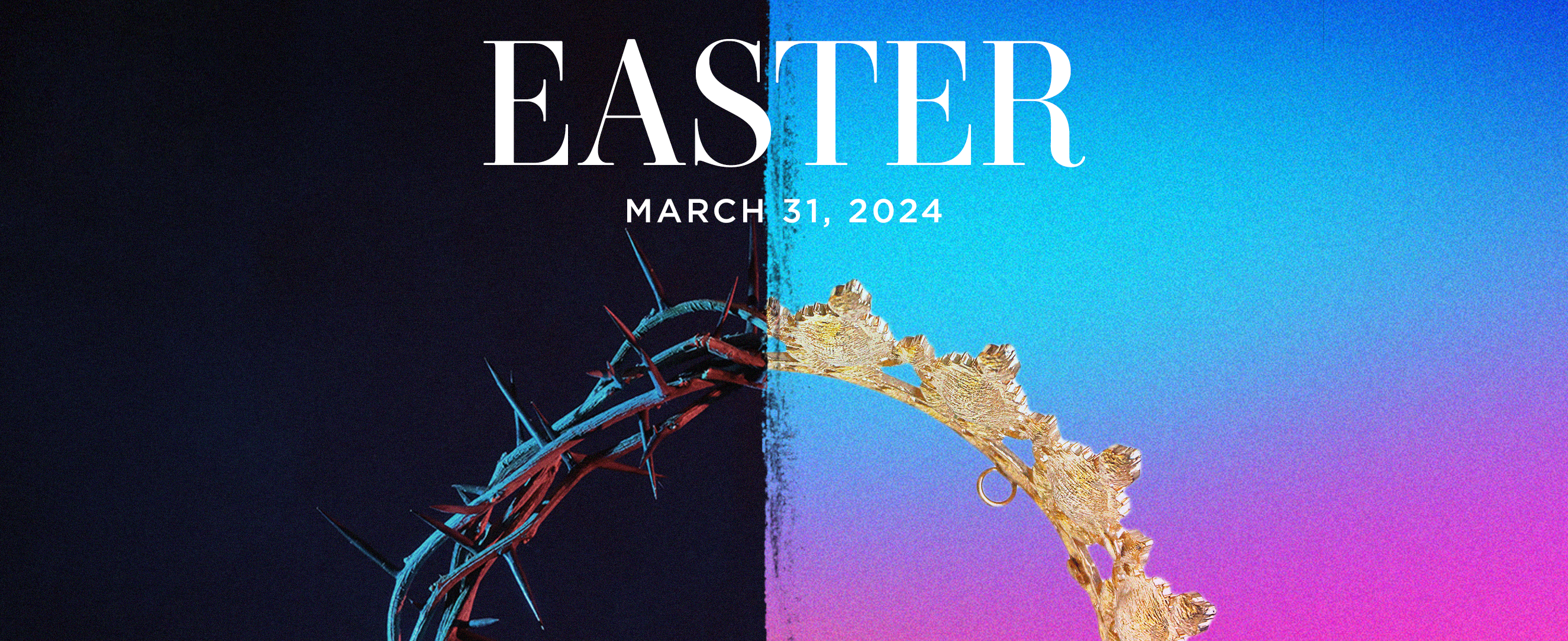
Join us for Holy Week and Easter at one of our 120 worshipping communities. Most of our congregatiosn across middle and North Georgia will have services on Maundy Thursday, Good Friday, Holy Saturday, and Easter Sunday.
What Is Holy Week?
From early times Christians have observed the week before Easter as a time of special devotion. As the pilgrim Egeria recorded in the late fourth century, Jerusalem contained many sacred places that were sites for devotion and liturgy. Numerous pilgrims to the holy city followed the path of Jesus in his last days. They formed processions, worshipped where Christ suffered and died, and venerated relics. From this beginning evolved the rites we observe today on Palm Sunday, Maundy Thursday, Good Friday, and Holy Saturday. These services provide a liturgical experience of the last days of Jesus’ earthly life, as well as the time and events leading up to his resurrection. The BCP provides special liturgies for each of these days. The eucharistic lectionary also provides proper readings for Monday, Tuesday, and Wednesday in Holy Week. Some parishes observe the service of Tenebrae on one of these days in Holy Week. In many dioceses, the diocesan clergy will make a reaffirmation of ordination vows in the context of a eucharist during Holy Week, usually before Maundy Thursday. The three holy days, or Triduum, of Maundy Thursday, Good Friday, and Holy Saturday are at the heart of the Holy Week observance. In many Episcopal parishes, the liturgical color for Holy Week from Palm Sunday through Maundy Thursday is red. Holy Week ends at sundown on the Saturday before Easter, or with the celebration of the Easter Vigil.
What Is Triduum?
A period of three days of preparation for a feast day. The term is most frequently used for Maundy Thursday, Good Friday, and Holy Saturday, the three days prior to Easter Sunday that are the concluding days of Holy Week, also known as the Easter Triduum. Other usage for the Easter Triduum reckons the days from the evening of Maundy Thursday through the evening of Easter Day. The term may indicate any three-day period of preparation for a feast.
